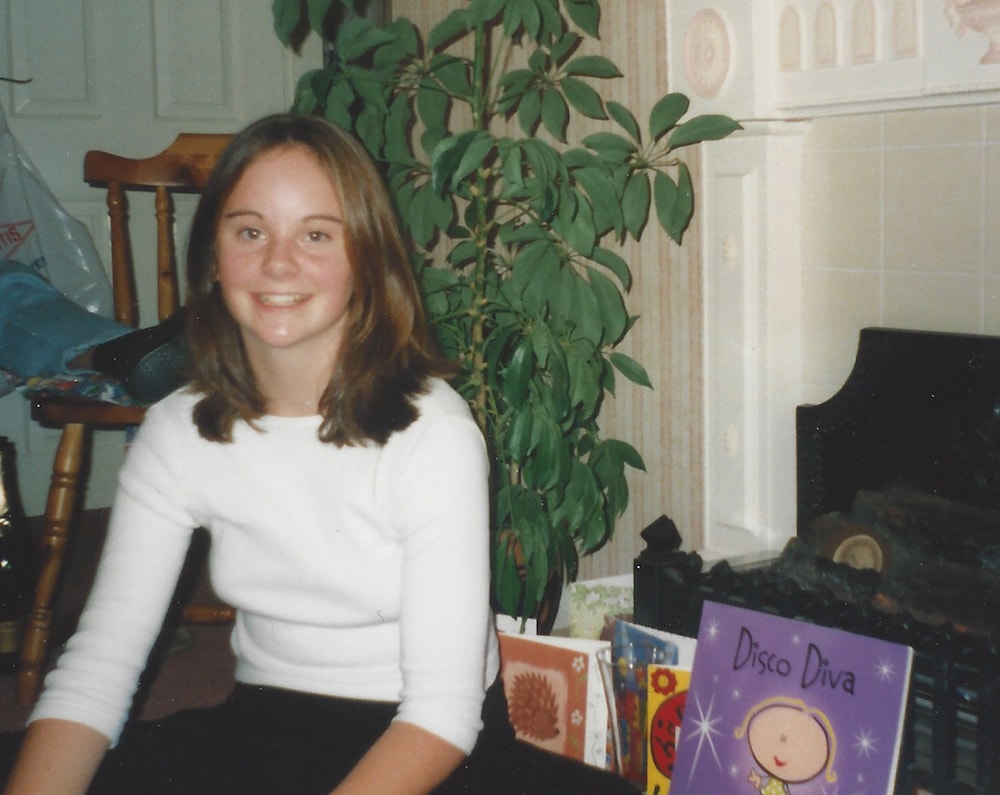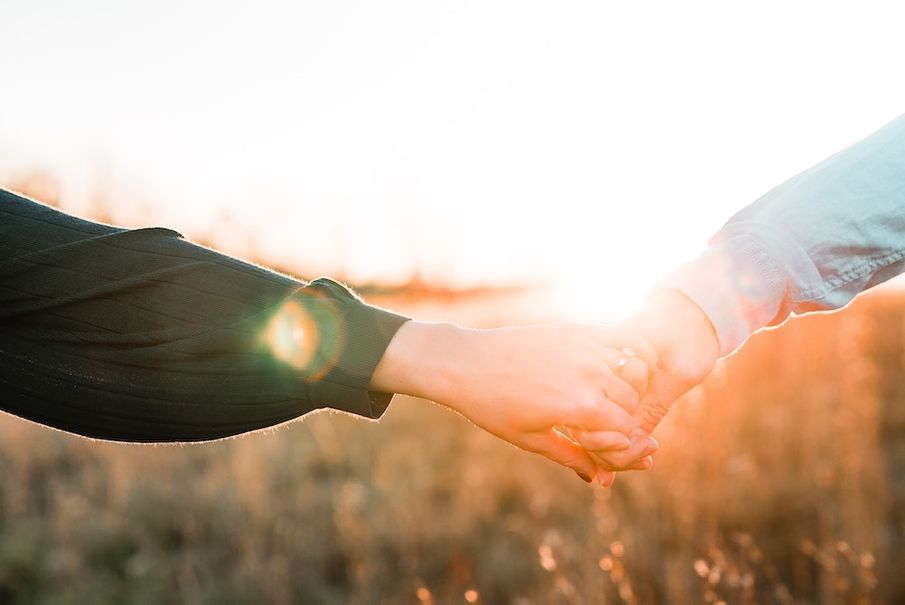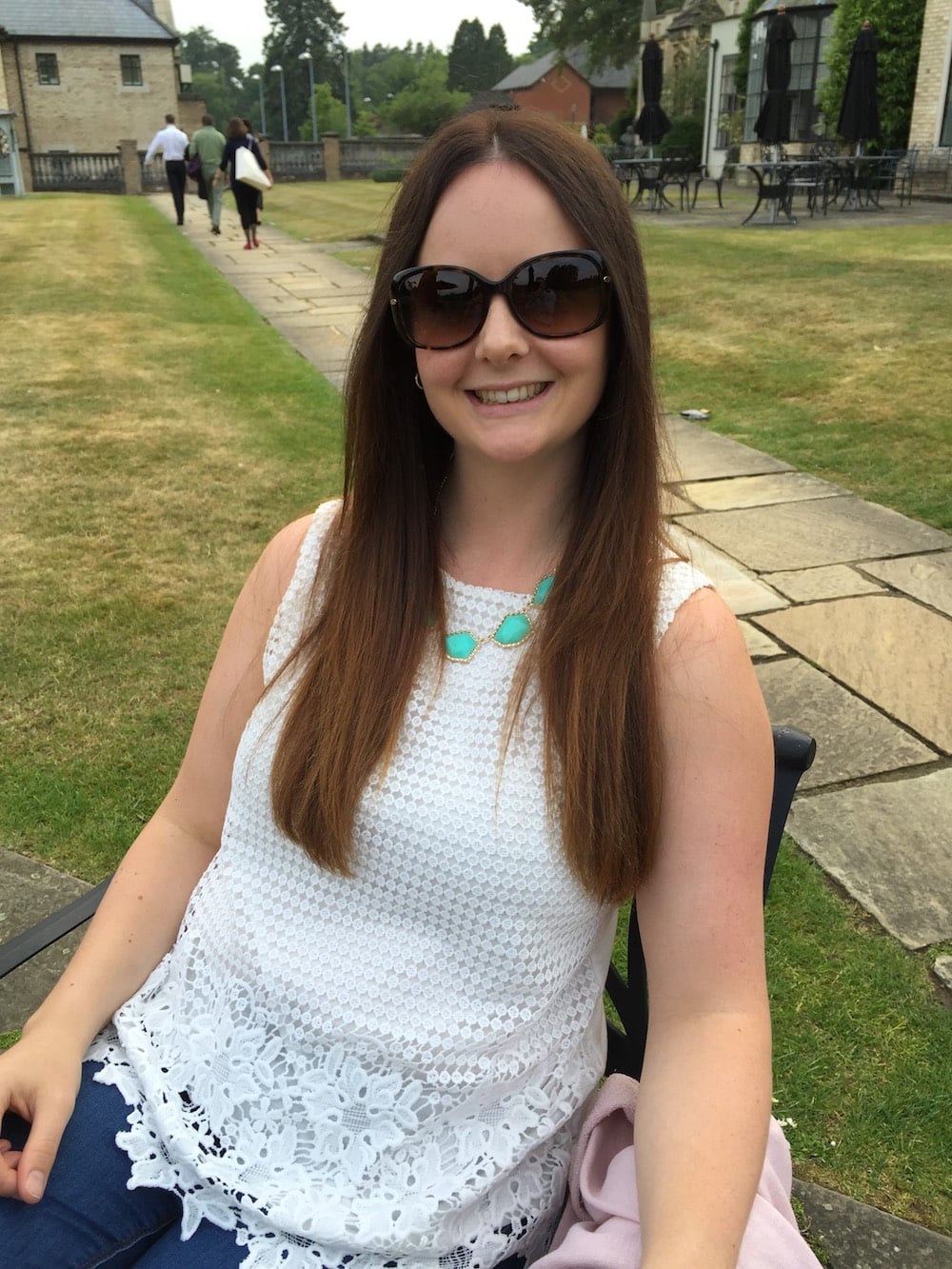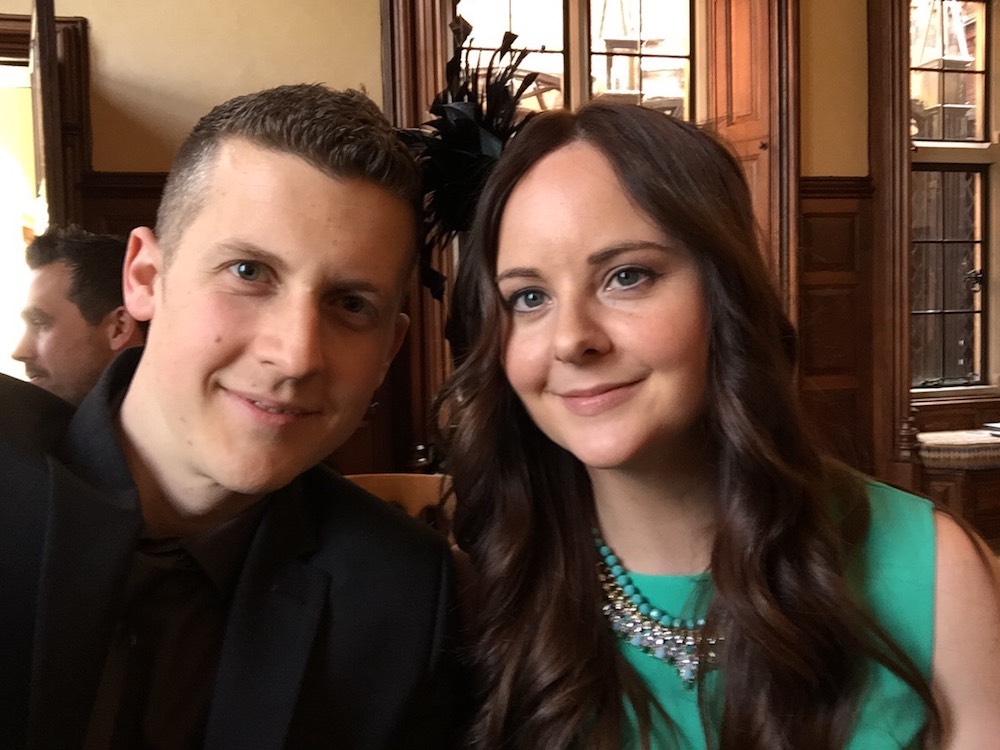Happiful founder Aimi Maunders learned to manage her obsessive compulsive behaviour through counselling and sharing. But it wasn't an easy journey. Here she shares her story and how with the support of her sister Emma, they set out on a mission to reach others
Aimi Maunders
As a young child, I was bullied for a short period of time.
My childhood was very happy with a loving family, lovely surroundings, and a lovely house. I don’t remember anything negative. When I started secondary school, I was bullied for a while. It didn’t last long, and it did get sorted, but it affected me quite badly. I became a bit of a recluse for a while.
Soon after that, I started having feelings of wanting to be more in control, feeling that something was changing in me but not really sure what or why. I had this urge to do ‘nutty rituals’, as I liked to call them. Things that seem completely unnecessary to anyone else, but to me felt as though if I didn’t do them, something bad was going to happen, so I had to stick to these rituals very, very rigidly. At the time I did not know these were classic signs of Obsessive Compulsive Disorder (OCD).
It arrived almost overnight. Looking back, I think it was growing in me slowly, so I built up the rituals as I went along. It was exhausting but I managed it. I liked to think of my OCD now as a tap dance: my legs were going really, really fast, but on top I was calm and still.
My OCD was very private. It was just me.
The earliest thing I remember was stepping on drains. If I was with friends and approaching a drain on a street, I'd be planning in advance how to avoid it and not be discovered. I have no idea why that came up in my life. I didn’t question it. I just told myself to feel better about what I was doing.

Aimi as a teenager
Then I had to touch things twice, like door handles, light switches, tables and other household items. If I put on a jacket, I would take it off and put it on again. I’d put my hair up twice. I even got to a point where I started looking in mirrors eight times. If I was having a conversation with someone near a mirrored wall, I would make an excuse to get out of there. I tried to avoid mirrors.
Some rituals I was happy to do twice, but sometimes I needed to do things eight times. It depended on the ritual. I’m not obsessed with numbers, but I am obsessed with counting and order. Later in life I became obsessed with counting calories. This is probably the reason I’m good at maths. I became obsessed with how things went together.
I like to think of my OCD now as a tap dance: my legs were going really, really fast, but on top I was calm and still
It’s about control. I didn’t want anything bad to happen to anybody I loved. I didn’t want anybody to bully me again, and I didn’t want anything negative to happen in my life - so I did rituals to keep things even.
It became unmanageable at times.
When I was 14 we got the internet at home and I looked up what I was doing and saw the word OCD. I still didn’t really understand why I was doing it, but I realised it wasn’t just me doing it, there were lots of people doing this.
When I finished my ‘tasks’ I would feel relief. Tick that off, move on. What’s the next task? But sometimes it was difficult, like writing my name, which I would have to write out four times. Exams were hard. I would pre-write my name three times in advance so that when I wrote my name at the top of the exam paper, it would be the fourth. If I didn't do this, I was convinced I would perform badly in the exam. That was so exhausting.
When I was 15, I decided this was absolutely ridiculous behaviour. I can’t control everything that happens in the world. I’m just a person. I thought, right, today’s the day I’m going to knock all the rituals on the head. I got up, got dressed, walked on the drains, went to school, and went against every urge I had within me. Then at break-time all of my friends had a massive argument and didn't speak to each other for days. I blamed myself.
It reinforced the fact that I had to keep on going with this, because we’d had an argument like we’d never had before. And it happened on the same day I’d decided to stop. Oh God, I thought, I have to keep doing this.
At 16, I started drinking and going out in the evenings. I relaxed a bit more and became a little less tense. I felt more aware that these things were going to happen anyway, whether I did rituals or not. That was a bit of a revelation.
Aimi and her husband, Paul
My husband Paul was the first person I told about this. When we were dating, I opened up to him. I was really scared to tell him. He was very supportive and proud that I could be so honest.
At 18 I decided to set up a business with my older sister. She came to me when she was just leaving university with an idea to set up an online Counselling Directory. She wanted to help others just like me and loved the concept immediately.
The idea was to create an online portal, somewhere you could get help without visiting your doctor, because your doctor is normally your family doctor. We wanted to give other people access to somewhere they could go that was private, personal and confidential. That was the biggest thing. It was all about the confidentiality because I didn’t want anybody to know about my OCD.
As the directory grew, so did we and now we want to inspire people to talk about their feelings and lift the stigma of mental health. When you're in the situation, you feel like you're the only person in the world who's going through it but this just isn't true.
It turned out my sister had experienced the same feelings as me growing up, but we didn't know this about each other until a few years into the business. In fact, it was only last year that we told everyone at work why we started Counselling Directory.
Today, I will openly tell people about my experiences and I hope it helps them to open up, to talk about it. Lots of people do, but lots of people still won't.
Through counselling, I have learned to stop and think about what the message is, rather than swallowing and suppressing the anxiety
I can manage things better now. I know it’s still there inside of me but I’m not thinking about it all the time. I lead a normal life, can work, look after my children, and I feel very relieved to not have it overwhelm me and overtake my life like it did when I was younger.
To be honest, there’s still a couple of repetitive things today that I’ll do by habit. It comes back every now and then, like muscle memory. I’ll be typing an email and write my name, delete it, and then write it again. I stop and think, what are you doing?
I'm so happy I found my counsellor; working with her has really changed my outlook on life. The first counsellor I saw wasn't right for me, but the second, as soon as I met her I knew she was going to be really good for me.
Sometimes the anxiety flares up in other ways: I will over-focus on my appearance, what I'm eating, or keeping my children safe. When this happens, I know it's my mind's way of telling me that something is off-balance. Through counselling, I have learned to stop and think about what the message is, rather than swallowing and suppressing the anxiety.
The message is always the same for me: my inner self is asking to be trusted. My instincts are strong, and when I ignore them due to the stresses of life, they start shouting at me in the form of anxiety. When I work through the anxiety with my counsellor, and start trusting myself, I start to feel better and more whole. This process of working through the anxiety is can be uncomfortable, but in my opinion, it's definitely worth it.
I feel at peace with my experiences now. They're the reason I am the person I am today, and they're the reason I started this business, which has now helped over one million people connect with a counsellor.
If you would like to talk to a professional about Obsessive Compulsive Disorder, please visit the Counselling Directory. Further information about OCD can be found on the NHS's website.




Comments